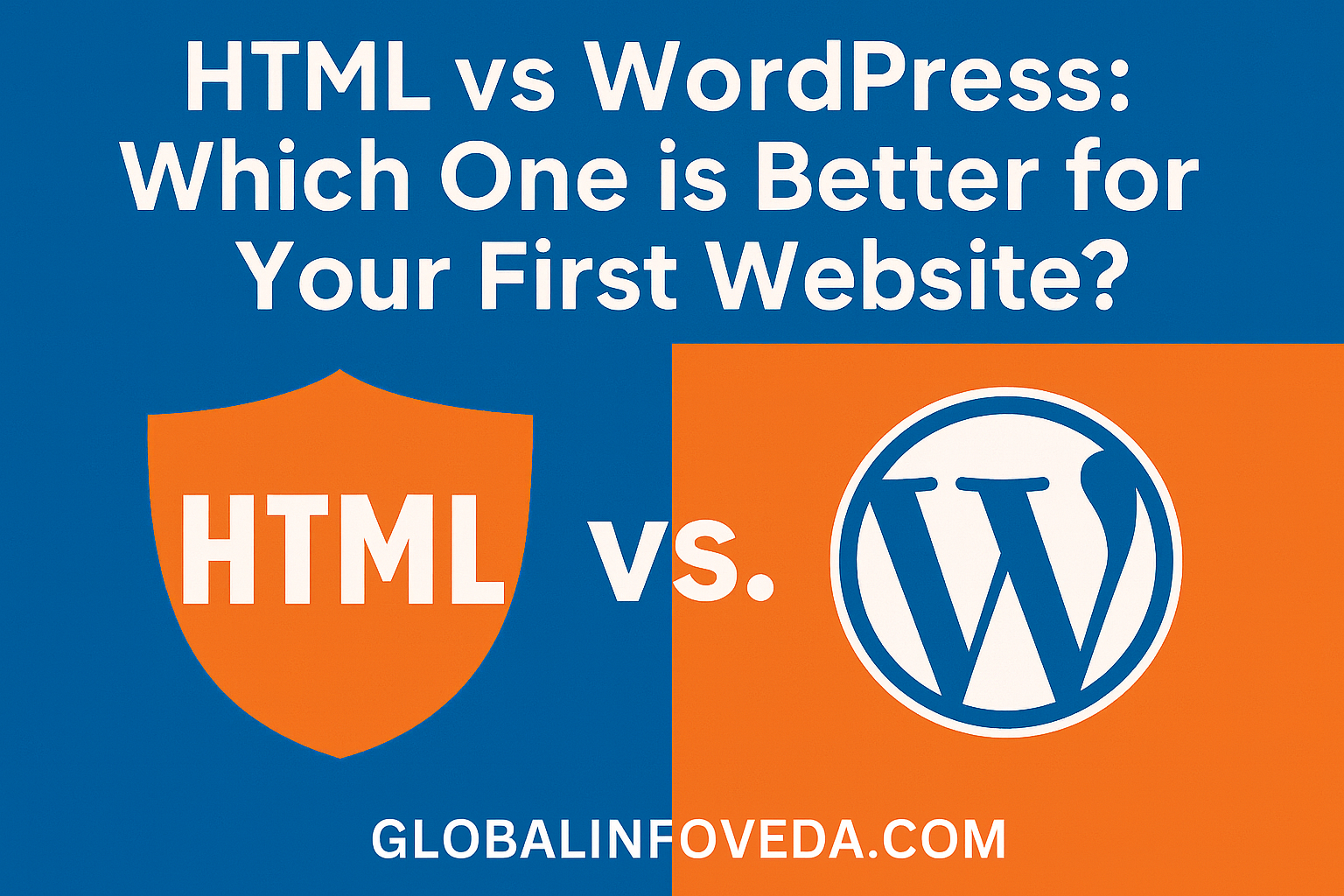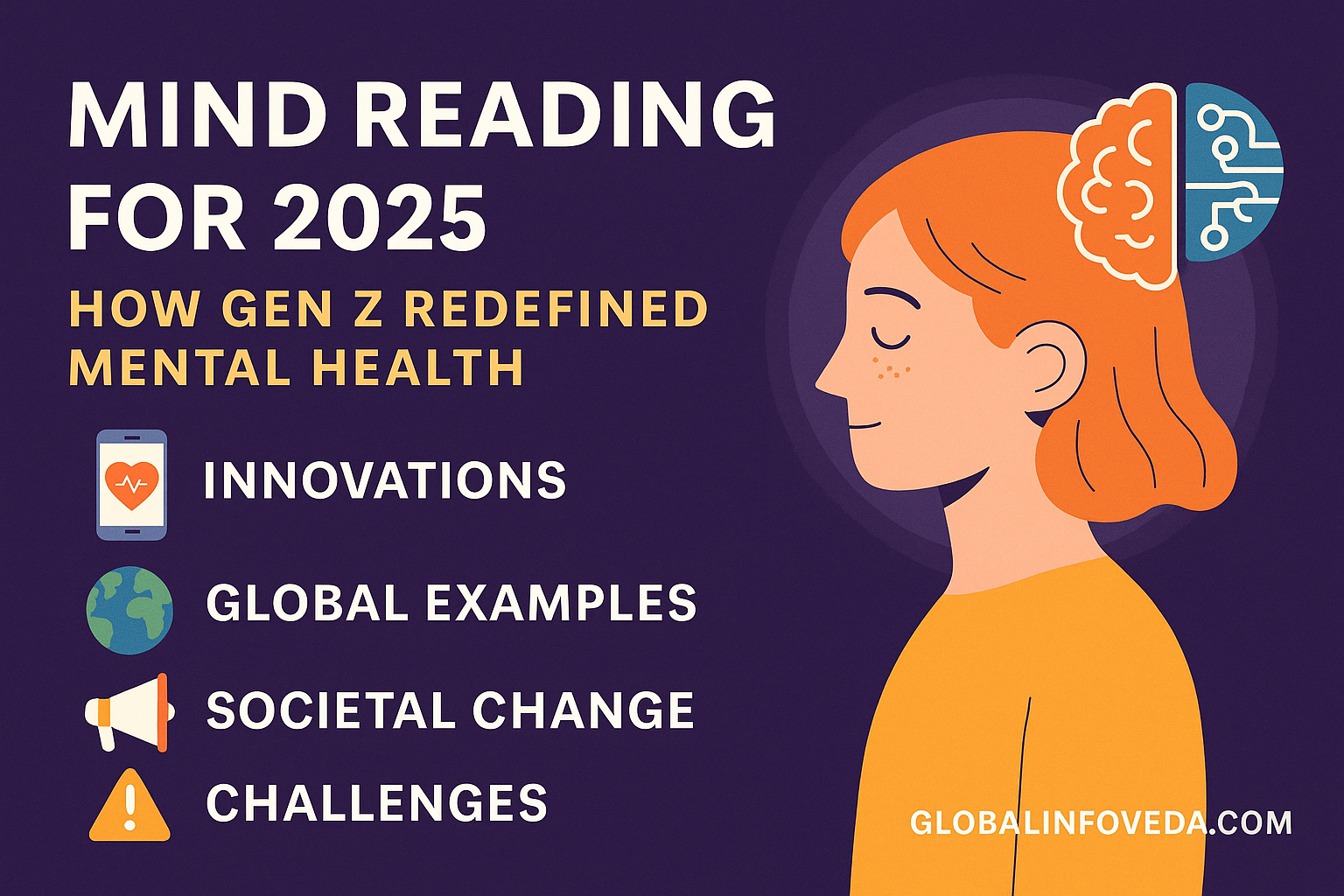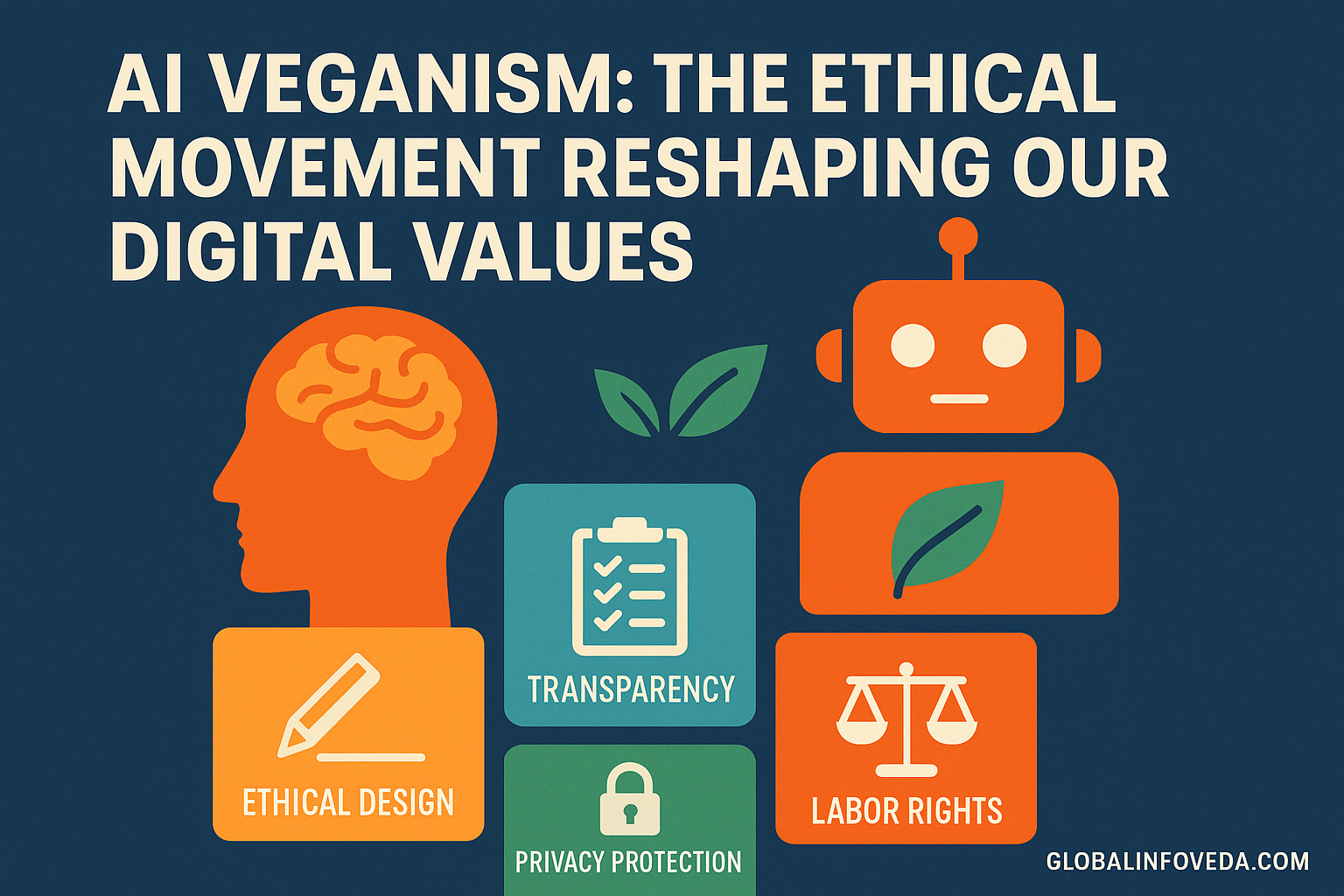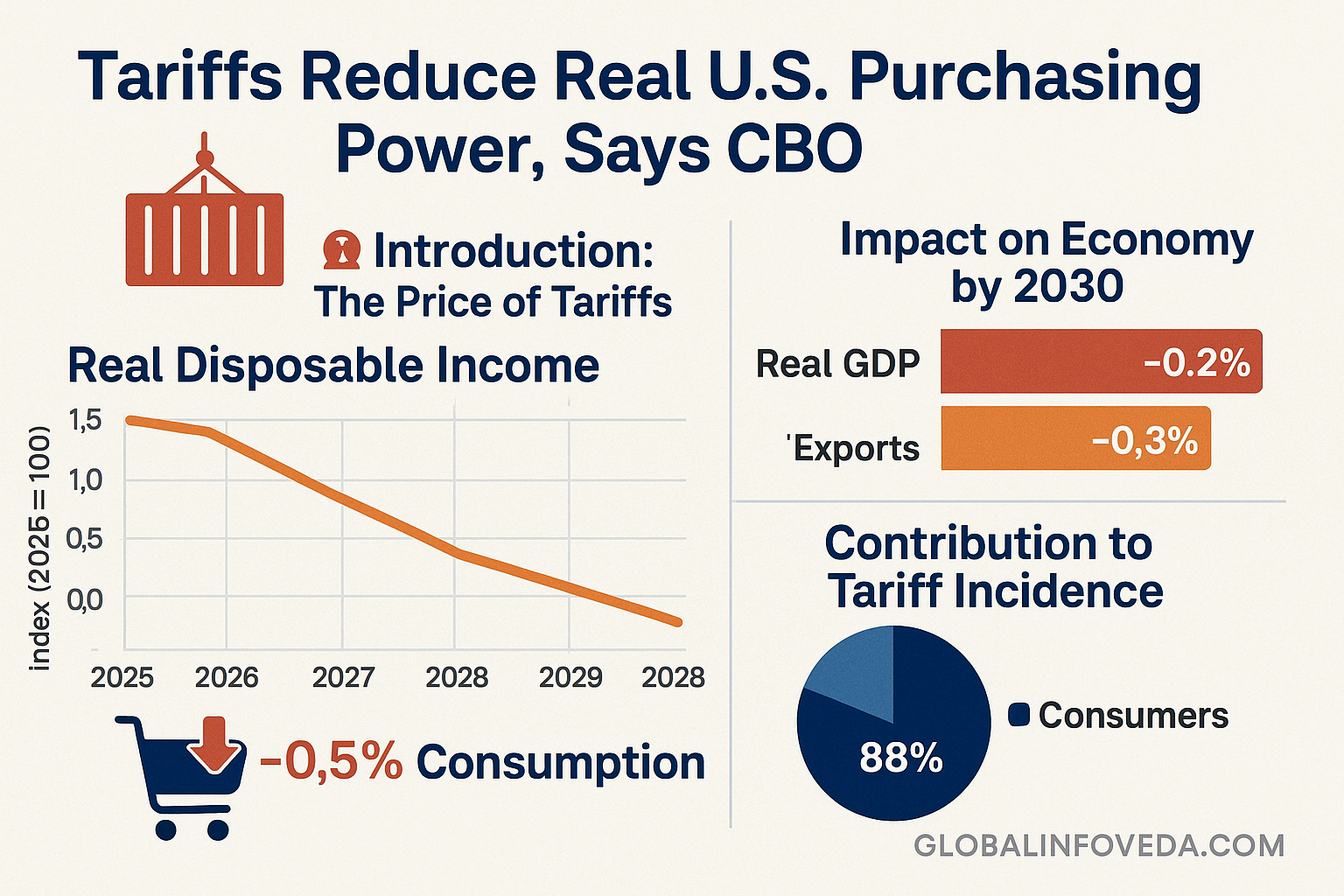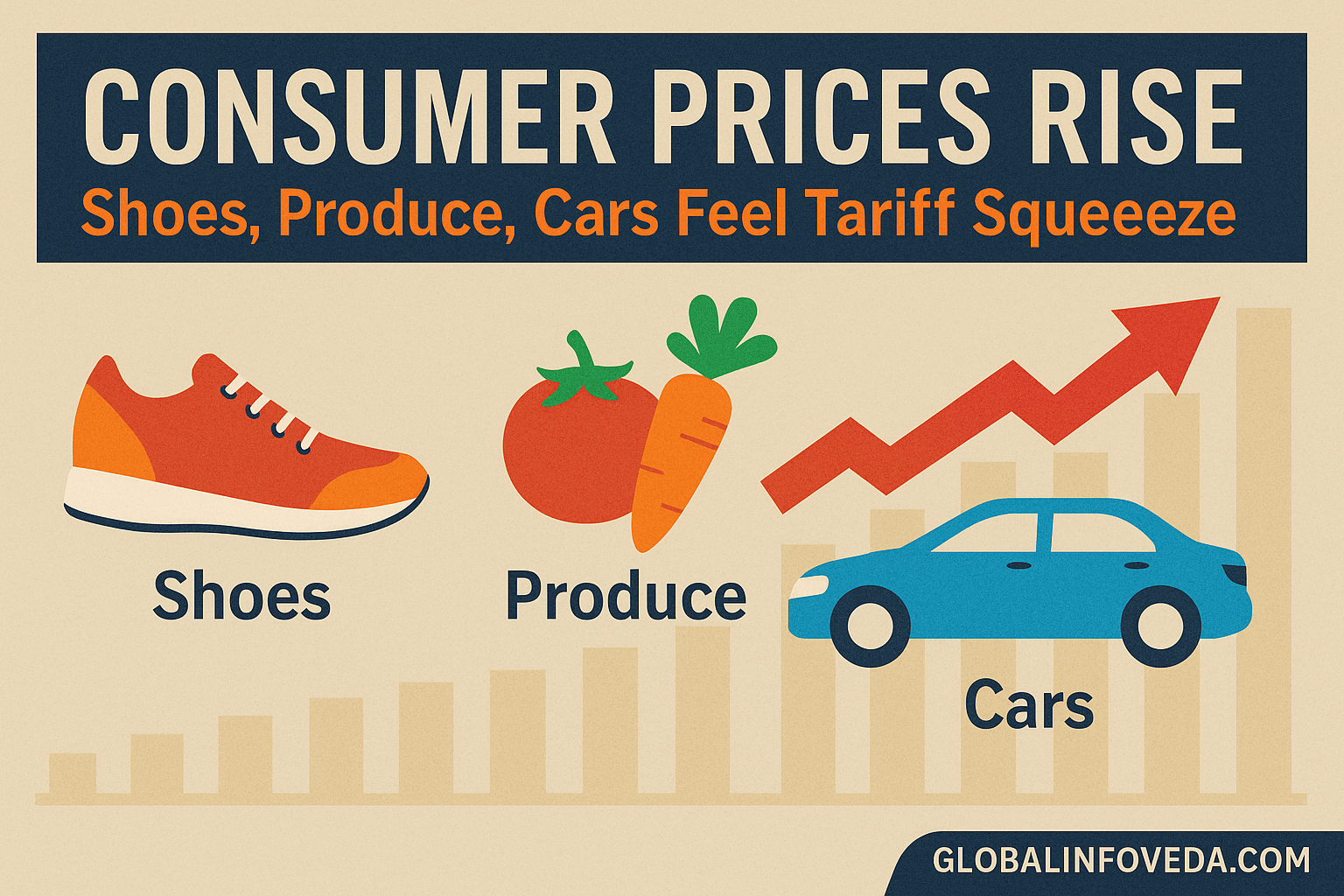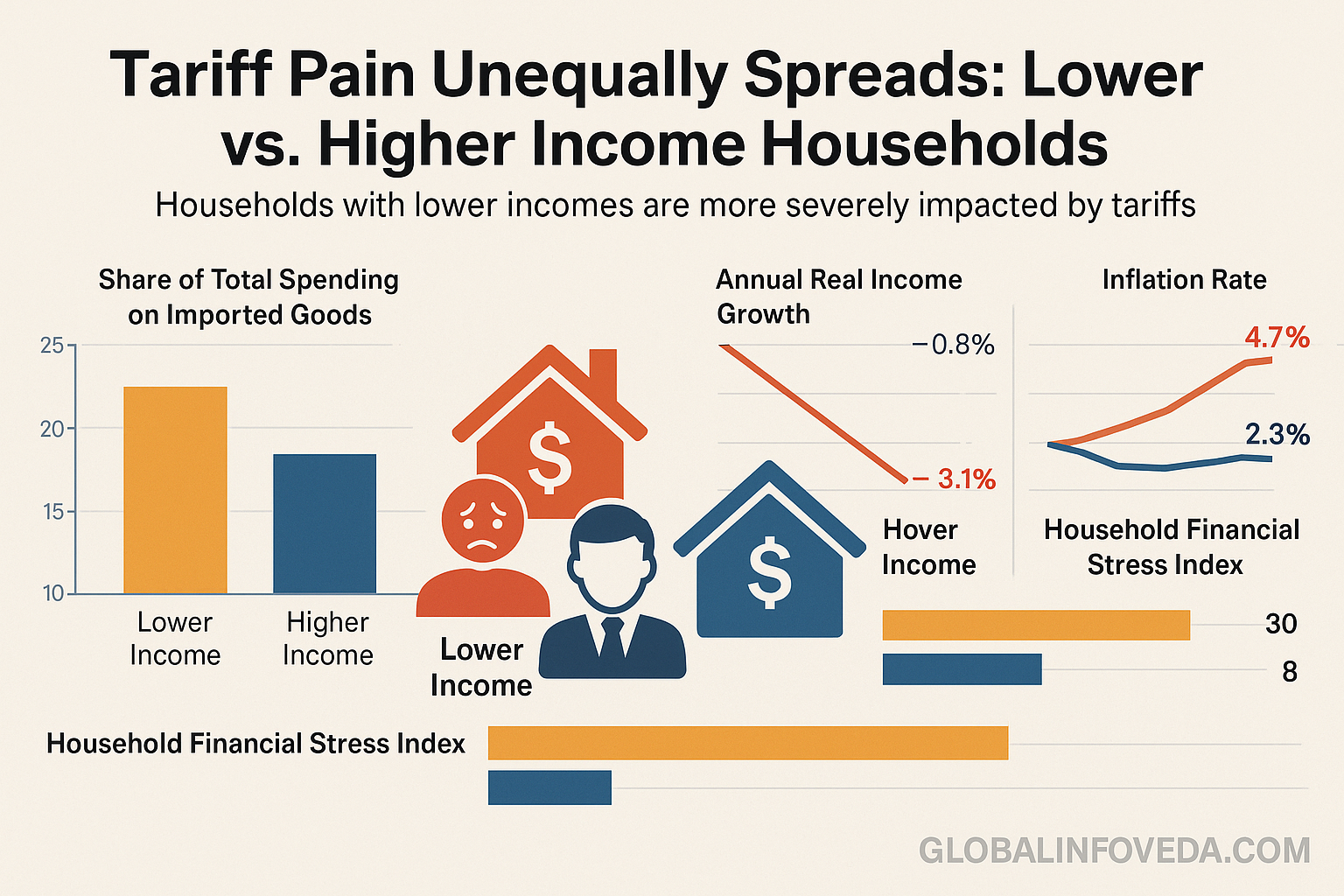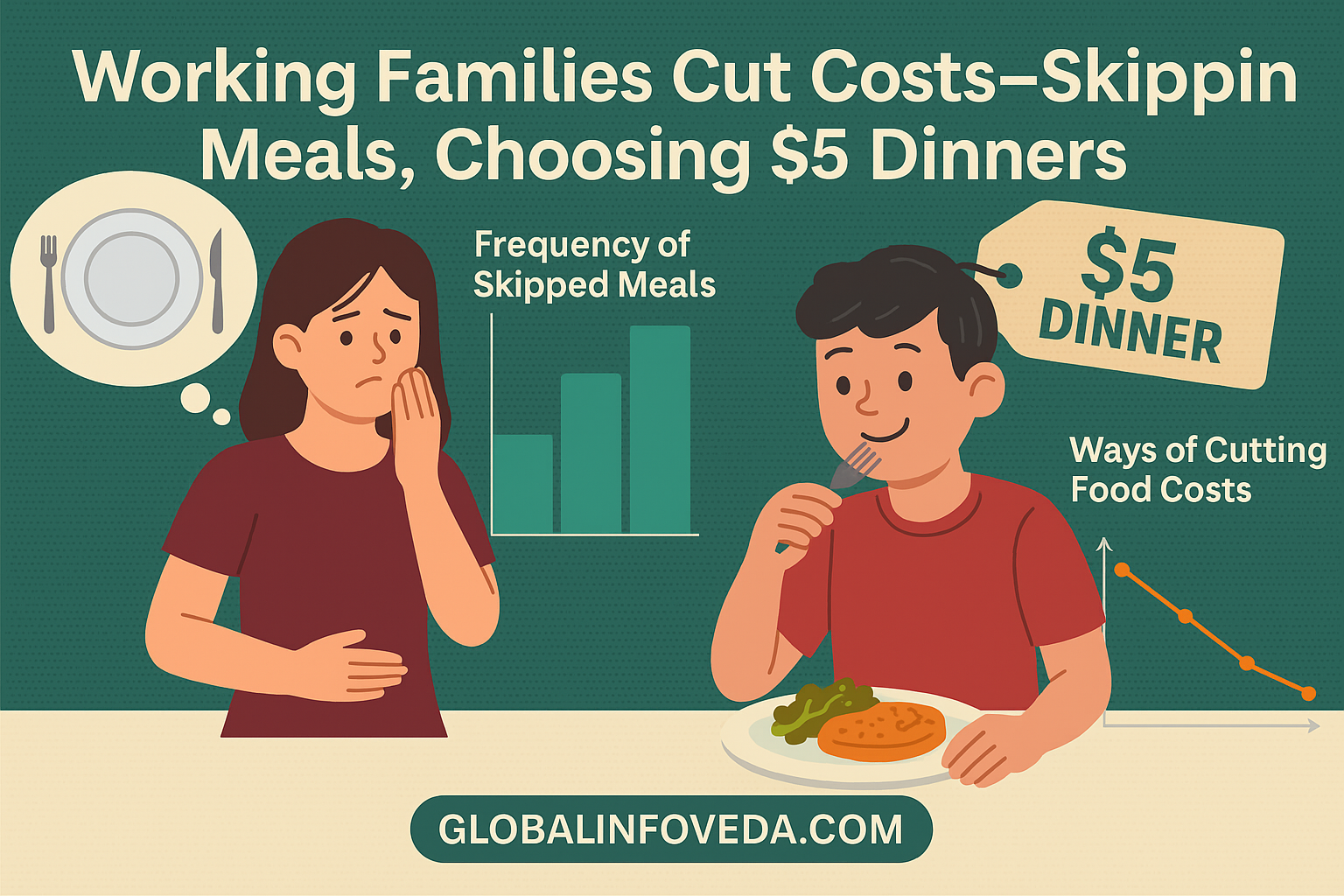🧭 Introduction
HTML vs. WordPress for a first website It’s not good vs bad In the world of HTML and WordPress, it is a battle of control vs convenience. With HTML (with some CSS/JS) you have total control, slim performance and no database mess. With WordPress you have the freedom to build anything you want: a personal blog or website, a photoblog, a business website, a professional portfolio, a government website, a magazine or news website, an online community, even a network of websites. The best fit for you depends on the size of your project, your skills, your budget and how often you need to update content. This guide takes you through a decision tree, honest costs, performances and security truths, build timelines, and case studies—so you can ship with confidence.
Meta description: An actionable 2025 decision comparing HTML vs WordPress to kick off your first site—cost, speed, SEO, security, timeframes, and two 3‑column pictures.
🎯 Decision framework you can trust
- 🧩 Project type: Is it a one‑page portfolio, 5–10 page brochure site, active blog, or store?
- 👩💻 Skills today: Do you have basic HTML/CSS skills or prefer a visual editor?
- ⏱️ Update cadence: Will you post weekly or change content rarely?
- 💸 Budget now vs later: Is your budget for setup only, or also for maintenance and plugins?
- 🚀 Time‑to‑launch: Do you need something live this week, or can you learn and iterate over a month?
- 🔒 Security comfort: Are you ready for updates/backups (WordPress) or static hosting/hardening (HTML)?
- 📈 Growth plan: Do you foresee multi‑author, forms, search, translations, or e‑commerce soon?
🧱 What HTML really means for a first site
Your site is simply HTML/CSS/JS which you host on any old webserver or static host. For a basic portfolio site, landing page, or brochure page, HTML shines. There is no database query on every request so page loads fast. You can version it all in Git and deploy to a CDN in minutes. It can be as custom as your inspired abilities, and you’re also not dependent on theme or plugin vendors. The trade‑off is convenience: non‑technical teammates can’t easily change pages without code or a “CMS” layer, and any dynamic features (comments, search, forms, analytics) require services or light backend work.
🧭 What WordPress really means for a first site
WordPress is a CMS that has a dashboard for writing posts, adding pages, installing themes and plugins. For blogs and sites that are updated frequently, the editor and media library are lovely. You have user roles, menus, taxonomies, and thousands of plugins giving you extra functionality — forms, SEO helpers, caching, multilingual and so on. The trade‑offs: you need to patch core/plugins/themes, take care of backups, and tune performance (caching, image compression, minimial plugin stacks). Security posture is behavior dependent. The upside is massive content velocity when you wrap your head around the interface.
⚖️ Ownership, speed, security
- 🏁 Performance: HTML ships static pages by default; with a CDN you get low TTFB and fewer moving parts. WordPress can match speed with page caching, object caching, and image optimization.
- 🧷 Reliability: HTML sites avoid plugin conflicts and DB failures. WordPress relies on PHP + MySQL; quality hosting and staging reduce risk.
- 🛡️ Security: HTML has a smaller attack surface. WordPress hardens via updates, least‑privilege roles, WAF, and backup discipline.
- 🧰 Extensibility: WordPress wins for forms, search, memberships, and e‑commerce. HTML can bolt on serverless tools (forms/search) if you keep it simple.
- 🧭 Portability: HTML is host‑agnostic; zip and move anywhere. WordPress migrates fine with the right tools, but you must handle DB and media.
Top 10 SEO Hacks to Rank Your Blog on Google Fast
💰 Cost reality (setup and year one)
A first‑site budget generally breaks as a result of surprises. With HTML you might spend time instead of money: you at least need a domain, static hosting, and optionally a build system (or no build system and “just files”). With WordPress you budget for hosting (PHP/MySQLOS) x premuim themes or page‑builders, a few plugins for SEO, forms and caching. The secret is not to get bloated in your stack. They feel human-friendly at the moment, but can also make for bloat markup. Some well‑chosen lightweight themes that work with the block editor, a single caching plugin and you’re most of the way there. Don’t forget about the value of your time too: if the dashboard is what gets you writing once a week, then it may be worth several hours versus getting dirty with code.
📊 Snapshot — use case fit (3 columns)
| Use case | HTML advantage | WordPress advantage |
|---|---|---|
| One‑pager/portfolio | Ultra‑fast, no DB, full control | Rapid launch with templates |
| Brochure 5–10 pages | Lean, host‑agnostic, easy CDN | Menus, roles, quick updates |
| Active blog | Static sites possible but build setup | Editor, taxonomies, RSS |
| Lead gen + forms | Serverless forms okay | Plugins + CRM connectors |
| E‑commerce | Custom build needed | WooCommerce ecosystem |
| Multilingual | Manual routing | Plugins and themes ready |
Best Free Online Courses with Certificates to Boost Your Career in 2025
🧩 Learning curve and setup paths
- 🧰 HTML path (solo builder): Buy domain, connect DNS, drop files to a static host, add HTTPS, push via Git.
- 🧱 Design system: use a utility CSS framework or minimal design tokens to stay consistent.
- 🧪 Enhancements: sprinkle JS for interactivity; keep no‑JS fallbacks for core actions.
- 🧭 Content workflow: draft in Markdown or a docs tool, export to HTML; schedule via your CI.
- 🧯 Failure plan: keep a zip backup; you can restore by uploading a folder.
- 🚀 WordPress path (publisher): Choose host, one‑click install, pick a light theme, enable caching, set permalinks.
- 🧩 Blocks, not builders: stick to core blocks; add one forms plugin, one SEO plugin.
- 🔐 Hardening: force HTTPS, use 2FA, create editor roles, enable auto‑updates with staging.
- 🧭 Content workflow: schedule posts, create categories/tags, learn reusable blocks.
AI Overviews Rule SERPs—How to Get Featured When Clicks Disappear
🔎 SEO and content velocity
Clarity, speed, and structure of your content are also better indexed and ranked by search engines. You have pinpoint control of markup, heading hierarchy, and Core Web Vitals, allowing you to ship feather‑light pages. WordPress gives you speed: organized categories and tags, the ability to set up RSS feeds, sitemaps, and applying your own templates for archives. Either way, it’s more about your strategy than your pack—the content type tight, clean internal linking, and useful content wins. Whether AI summaries rise above results, you’ll want clear headings, FAQ blocks, and short answers on page. Use WordPress block patterns to create reusable FAQs – you’d copy a snippet or component in HTML.
🛠️ Performance checklist
- ⚡ Minimal requests: inline critical CSS, defer JS, compress images.
- 🧊 Caching: CDN for HTML; page/object cache for WordPress.
- 🧪 Measure: run Lighthouse, track CLS/LCP/INP.
- 🪶 Fonts: system font stacks or subset webfonts.
- 🧱 Plugins: on WordPress, keep a short list; remove unused assets.
- 🧭 Media: serve WebP/AVIF where supported; set responsive sizes.
Visual & Video SEO: The Top Formats Winning Search in 2025
🧰 Maintenance reality
Every website is a garden. HTML gardens are low‑water: you weed infrequently, but when you want a new bed (feature), you need to dig it yourself. WordPress gardens grow quickly, but they need to be pruned: Update core, themes and plugins regularly; review users; make backups regularly and test on staging. And neither is “set and forget.” The most healthy ones at least have the monthly checklist, changelog, and rollback plan. If you hate maintenance, a static HTML site (or static export of WordPress) will feel like a vacation. If you love publishing frequently, WordPress was designed for that life.
🧮 True cost of features
- 🧩 HTML: forms, search, and comments require third‑party or serverless add‑ons, sometimes paid per use.
- 🧰 WordPress: many features are free, but premium themes/plugins can add annual costs; still cheaper than custom dev.
- 🧲 Migration: moving from HTML → WordPress later is straightforward; the reverse may require a redesign.
- ⏳ Time: HTML takes longer for content changes; WordPress reduces friction for non‑technical editors.
📊 Snapshot — time‑to‑launch (3 columns)
| Scenario | HTML typical path | WordPress typical path |
|---|---|---|
| Solo portfolio | Buy domain, static host, template, go live in 1–3 days | One‑click install, light theme, go live in hours |
| 10‑page brochure | Hand‑code pages or generator; forms via service; 1–2 weeks | Pages + menus, forms plugin, SEO setup; 2–5 days |
| Active blog | Static generator + CI; feeds + search add‑ons; 1–2 weeks | Posts, categories, RSS, sitemap auto; same day |
First‑Hand Expertise—Why Personal Experience Is SEO Gold in 2025
🧪 Case studies (real‑world matches)
A freelancer portfolio with two services and a contact form: A static HTML site on a CDN wins. One page plus a projects page, a CSS utility framework, and a serverless form endpoint. Lightning fast, cheap, and simple to maintain. When a new project ships, commit changes and deploy in minutes. The site rarely changes beyond copy and screenshots, so editing code is fine.
A solo blogger who wants to publish twice a week: WordPress wins. The block editor, categories/tags, RSS, and a lean SEO plugin make publishing frictionless. Scheduling posts and using reusable blocks for callouts save hours. Caching and image compression keep performance snappy.
A local nonprofit with volunteers: WordPress wins. Multi‑user roles let volunteers draft content without touching design. Forms capture donations and volunteer sign‑ups. A translation plugin adds a second language. A monthly update/backup routine keeps things healthy.
A micro‑store with five products: WordPress with WooCommerce wins if you need inventory, payments, and receipts. If you only need “buy” buttons, an HTML site that embeds a payment link can be enough. The deciding factor is whether you need a catalog, shipping rules, and customer accounts.
🧭 Accessibility and content design
- ♿ Semantics: use proper headings, labels, and alt text; avoid layout‑only tables.
- 🎯 Task focus: each page needs one primary action; remove competing buttons.
- 🧮 Readability: aim for short paragraphs, scannable lists, and clear CTA language.
- 🎚️ Contrast: meet WCAG contrast ratios; test light/dark backgrounds.
- 🧭 Keyboard: ensure tab order and focus styles are visible.
- 🧊 Motion: respect reduced motion preferences; avoid auto‑playing carousels.
🧱 Architecture choices you won’t regret
HTML sites can switch to a lightweight generator (Eleventy, Astro) that maintains content in markdown, yet ships static pages. WordPress have the ability to go headless with a static front‑end for performance but with authors in the driver seat. Regardless, create content for reuse: components, patterns, and design tokens. A clean information architecture is now worth weeks when you mature.
🧠 Content model that scales
New builders tend to overestimate how much to top the table and underestimate how much structure they need to grow. Think in terms of content types (pages, posts, projects), reusable components (hero, FAQ, testimonial, card) and taxonomies (categorys, tags). Design readable slugs and an intentional URL strategy before you publish — short, descriptive, and future proof. Have one source of truth for each idea; try not to type the same copy multiple times across pages. Whether you code manually or push to the server from a dashboard, save the content in a way that is safe (!) and fast to update. A good information architecture helps avoid redesigns turning into rewrite-a-thons.
👥 Roles and governance for a small team
- 🧭 Owner: defines purpose, priorities, and acceptance criteria for releases.
- ✍️ Editor: sets style guide, reviews tone, approves headlines and CTAs.
- 🧑💻 Developer/implementer: ships templates, fixes bugs, maintains performance.
- 🧪 QA: checks pages on devices, catches regressions, verifies forms.
- 🔐 Security: enforces 2FA, roles, backups; reviews plugins or third‑party scripts.
- 🧰 Backup owner: ensures versioning, off‑site backups, and a rollback path.
🔐 Compliance and consent basics
The same rules of privacy and etiquette apply to the first sites. Include a plain‑language privacy page on what you collect, why and for how long. Use a consent banner if you collect non‑essential cookies or conduct the analytics that follow the people around sites. License your fonts and images and attribute creators when necessary. If you host forms, save only what you need and schedule a deletion. Surface contact information and allow a means for people to contact you without making them log in via a social service. And trust is one surefire way to get better conversions.
📡 Hosting choices and scaling plan
- 🛰️ Static hosting + CDN: ideal for HTML; low cost, global cache, simple scaling.
- 🧱 Managed WordPress: tuned PHP/MySQL, automatic updates, and staging built‑in.
- 🧯 Backups: daily snapshots plus one off‑site copy; test a restore every quarter.
- 🧪 Staging: preview plugin/theme changes before production.
- 🧲 Logging/monitoring: uptime alerts, error logs, and performance dashboards.
- 🛡️ WAF/DDoS: add a web application firewall and rate limiting for public forms.
🧭 Editorial workflow you can adopt
Better a simple editorial engine than a complex one (you) won’t use. Work in weekly sprints: Write on Monday, edit and process on Tuesday, design on Wednesday, publish Thursday and measure on Friday. Create a checklist for each step: intent, target query, outline, visual, internal link, and one(sentence) takeaway. Repeat patterns so your site feels cohesive and consistent. When inspiration strikes midweek, stow it in a backlog, rather than letting it derail your calendar. This pattern is equally applicable to a static HTML site generated by a generator or a WordPress dashboard with reusable blocks.
🧪 Performance debugging workflow
- 🧭 Define the symptom: slow first paint, high INP, layout shift, or server delay.
- 🧪 Reproduce on a throttled mobile profile; compare cached vs uncached.
- 🧰 Profile: run Lighthouse and WebPageTest; export traces for comparison.
- 🧱 Reduce TTFB: for WordPress, tune caching and database; for HTML, ensure CDN edge is hot.
- 🪶 Trim payload: compress images, inline critical CSS, defer or remove JS.
- 🧲 Measure again; keep a changelog so wins aren’t lost in the next tweak.
🧰 Migration pathways
Your first choice isn’t forever. Begin in HTML for a portfolio or launch page so you can switch to WordPress when you’re ready to post with more frequency, or if you need multi‑user roles. Or start in WordPress and publish with the headless or static‑export front‑end that you already love, while using the familiar WordPress editor. Migrate plans to map content types and URLs first before the media and redirects. If you keep the slugs and internal links, then search traffic won’t dip as a result of the move.
📈 Analytics that matter
- 🎯 North‑star goal: pick one—email signup, inquiry, purchase, or time on hero content.
- 🧭 Micro‑conversions: scroll depth, video plays, file opens, and form starts.
- 🧪 UTM discipline: standardize campaign tags; report weekly, not yearly.
- 🧱 Funnels: home → key page → contact; fix the biggest drop first.
- 🔁 Cohorts: compare new vs returning visitors after a content change.
- 🧰 Error tracking: capture JS errors and 404s; they often explain bounce spikes.
🎨 Design systems and theming
Design debt is visible as lack of harmony in buttons, spacing, headlines. Build out a tiny system: color tokens, spacing scale, font stack, and components for hero, card, list, and CTA. `In HTML, save partials/snippets for reuse; in WordPress, you’d use Patterns and Template Parts. This allows you to evolve a look without upending every page. Decisions are documented in a short readme so that in order to contribute, other people should be able to copy the system rather than creating new styles.
🧮 The no‑drama launch checklist
- 🔐 HTTPS and HSTS enabled.
- 🧭 Robots.txt and sitemap set.
- 🧰 Analytics with consent banner if required.
- 📨 Contact form delivers and stores backups.
- 📱 Responsive on common breakpoints.
- 🔎 Metadata: titles, descriptions, social cards.
- 🧪 Test: 404s, redirects, and internal links.
- 🧯 Backups and a rollback plan.
🧠 FAQs
- Is WordPress overkill for a single page? Often yes; HTML is cleaner and faster to launch for simple needs.
- Can HTML rank on search as well as WordPress? Absolutely; SEO depends on content quality and technical basics, not the CMS.
- What about security on WordPress? Keep core/themes/plugins updated, use 2FA, least‑privilege roles, and managed hosting.
- Do I need a page‑builder? Not necessarily; the native block editor is enough for most new sites and keeps markup lighter.
- Can I switch later? Yes. Start in HTML and migrate to WordPress when publishing cadence rises, or vice versa with a redesign.
🧘 Final insights
Your first website wins when it’s easy to update, fast enough to please and secure enough to leave running for years. Select HTML if you’re comfortable creating a website from scratch or have the knowledge to learn as you go. Choose WordPress if you care about publishing speed, collaboration, or feature depth. Ultimately, though, it’s lean stacks that are here for the long haul, pages that stay focused, content that tells it like it is. The web is faster and easier to use when it’s legible, quick, and useful — stack decisions are a means to an end. Construct what you are actually going to keep up.
👉 Explore more insights at GlobalInfoVeda.com








